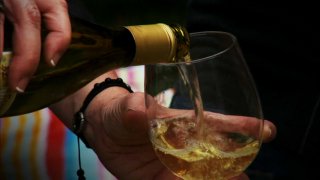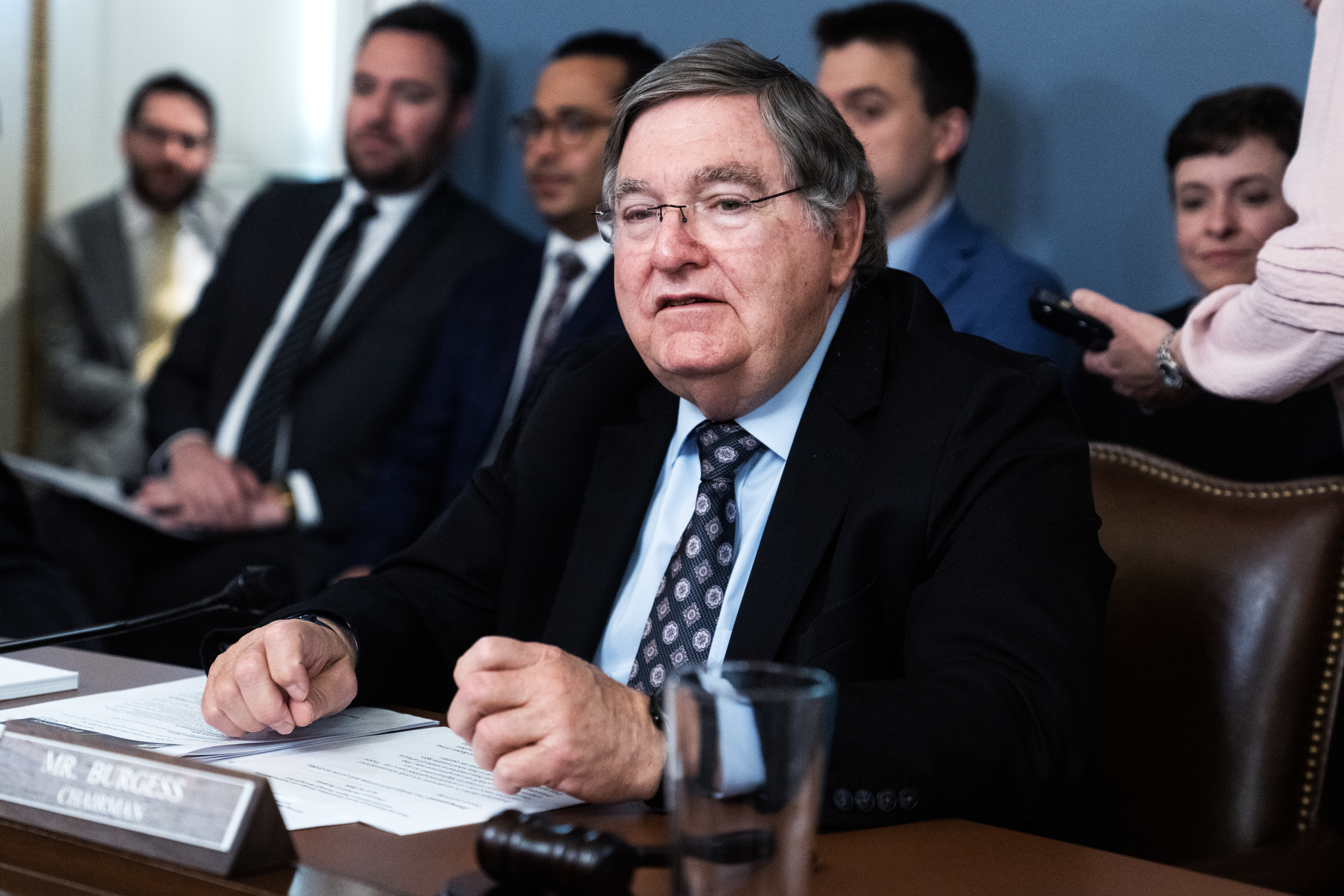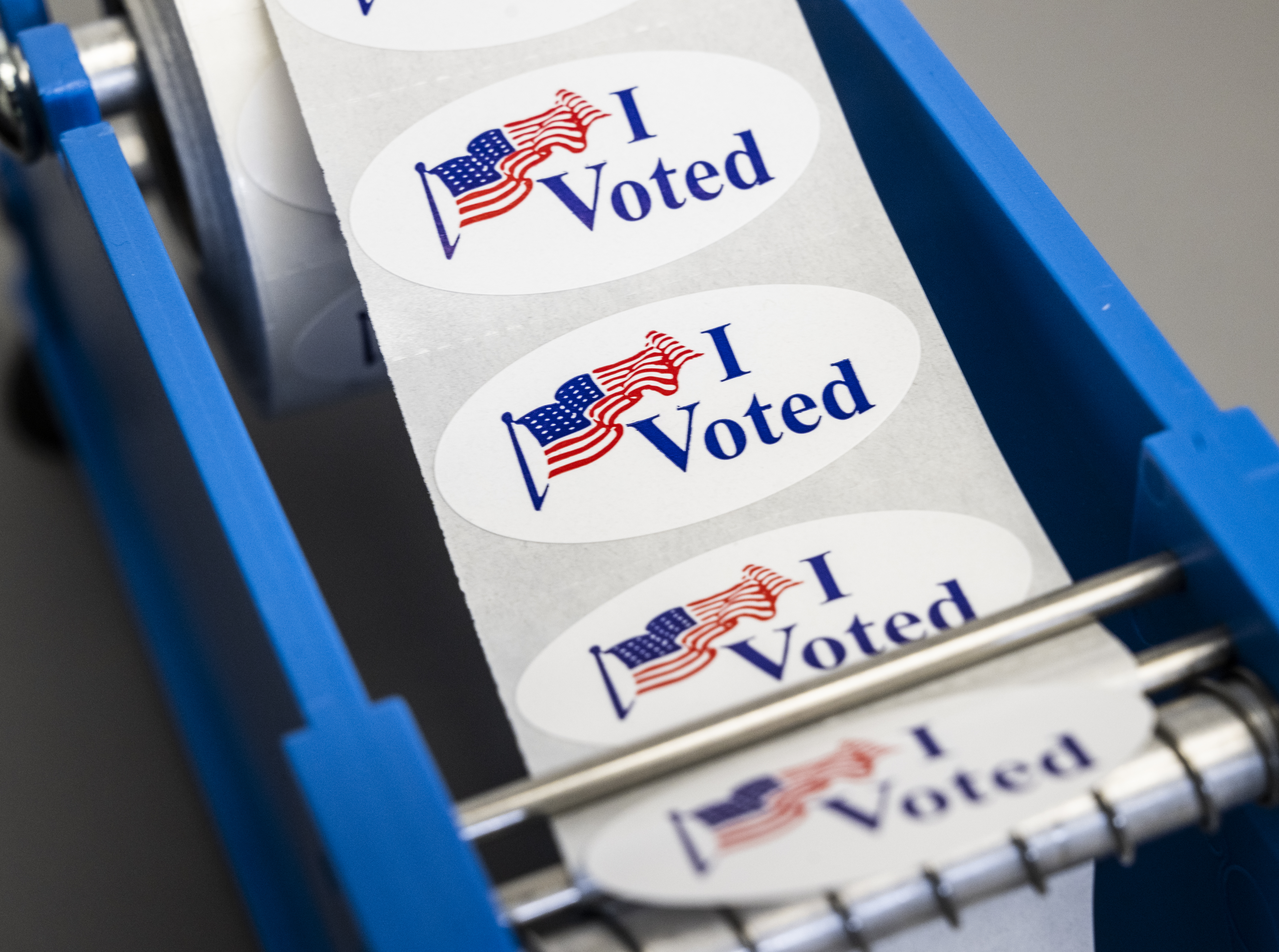
Wine grape growers in Texas and surrounding states filed a lawsuit last week against drug-maker Bayer-Monsanto and chemical giant BASF for the damage their cotton herbicide has caused to vineyards.
Attorneys for the grape growers say cotton seed systems created by Bayer-Monsanto and BASF that use the highly volatile herbicide called dicamba to kill weeds is drifting to nearby vineyards and crippling the nonresistant grapes.
The lawsuit, filed in Jefferson County on Friday, claims that some family-owned vineyards have reported losses of more than 90% since Bayer-Monsanto and BASF began selling their dicamba-based genetically modified seed system to cotton growers.
More than 85% of all the wine grapes grown in Texas are grown within one hour of Lubbock, and the grapes are produced, sold or used by the state’s $13.1 billion wine industry, according to the Lubbock Avalanche-Journal.
Get DFW local news, weather forecasts and entertainment stories to your inbox. Sign up for NBC DFW newsletters.
“The vineyards have seen their production fall dramatically, and what grapes do grow are often rejected for poor quality,” the lawsuit says.
According to the suit, the existence of many High Plains vineyards is under threat because of the dicamba herbicide being sprayed on more than two-thirds of the 3 million acres of cotton in the Texas High Plains.
Dicamba has been the subject of many lawsuits, mostly by farmers, who claim their crops are not dicamba-resistant and the herbicide’s use is damaging and killing their crops. In February 2020, Bayer and BASF were ordered to pay $265 million to a Missouri peach farmer who said the herbicide drifted from nearby cotton fields and damaged thousands of his trees.
Texas News
News from around the state of Texas.
In a statement response to the most recent lawsuit, Bayer said it has great sympathy for growers suffering crop losses but that there could be many reasons for the losses and that it would therefore continue to defend the use of dicamba.
The lawsuit seeks to recover the $114 million in damages, plus $228 million in punitive damages from Bayer-Monsanto and $228 million in punitive damages from BASF based on the companies knowing the damages it could cause.



